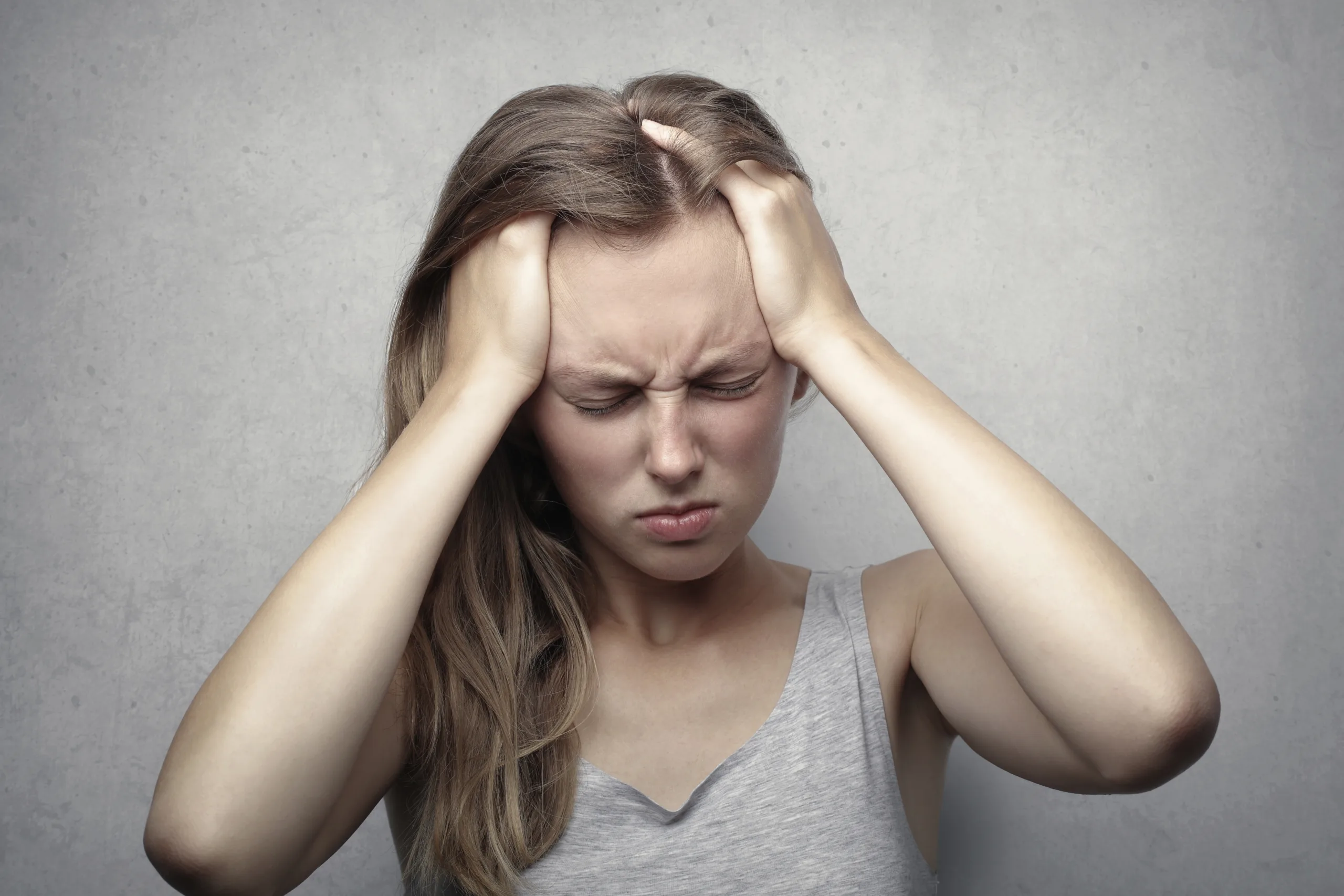When there aren’t enough healthy red blood cells to deliver oxygen to the body’s tissue, iron deficiency is a typical concern. Iron deficiency anemia is initiated by lack of sufficient of iron in your diet, which may hinder your process of forming red blood cells to keep your body completely oxygenated.

Heavy menstrual cycles, gastrointestinal (GI) or urinary tract bleeding, blood loss after surgery or injury, frequent blood donations or testing, and heavy menstrual cycles are some typical causes of iron deficiency anemia. Storage of iron in your body can be effected by certain medical conditions like Crohn’s disease, celiac disease, inflammatory bowel issues, and biological problems.
You can become weak and exhausted as a result. Other signs include physical ones as headaches, sore tongue, chest pain, shortness of breath, brittle nails, disorientation, rapid heartbeat, and cold hands and feet. You may also experience weird cravings for things like dirt, starch, paint, or clay, which are indications that you may be iron deficient. A lack of iron can also cause pale complexion, bruising, and chills. Moreover, one major issues faced due to Iron deficiency is hair loss!

How Iron Deficiency Impacts your hair
Various reasons can contribute to hair fall which consists of stress, illnesses, tight or stiff hairdo, heredity or eating habits. However, lack of essential supplement like iron can mainly lead to hair loss. In fact, the issue is so widespread that doctors often test for it as one of their first suspects when determining the cause of hair loss. The ferritin or iron levels in the blood are one of the first steps in the dermatologist Dr Vladyslava Doktor’s practise when detecting any hair loss or thinning, she told Byrdie.”Hair growth and thinning can be directly impacted by anemia, which is brought on by iron deficiency.”

You’ll probably need to have blood testing to identify the cause of your iron shortage and to start treating your iron deficiency hair loss. According to several research, iron is crucial for maintaining the health and thickness of the hair shaft, according to dermatologist Dr. Rina Weimann, “Brittle hair and frequent hair breaking may be related to low iron levels.”
One should confirm with their doctor regarding any symptoms of hair loss, mostly when it is directly linking to lack of iron in their body. It would help doctor to create a treatment plan which can boost iron levels and hair growth.
How to increase your Iron levels?

Depending on how severe the condition is, iron deficiency is treated. However, for many people, the solution is as easy as taking in more iron on a regular basis. Taking iron supplements that can help you get the increase in iron you need in your blood is one approach to accomplish this. These vitamins should be consumed for a longer time period for its proper deliverance of results and should be taken on an empty stomach or before food for best results within the body. You might be able to absorb the supplement better if you take iron and vitamin C together. Choose an orange juice drink instead of the tablet, then.

Altering your diet is another approach to give your body more iron. First one should focus on their daily consumption eating foods high in iron, such as red meat, dried fruit, nuts, dark leafy greens, and foods like iron-fortified cereal can boost iron deficiency. Cast-iron cookware allows minute amounts of iron to enter your meal, which can raise your levels, therefore cooking with it can also help you increase them.
Focusing on the treatment of your iron deficiency should go hand in hand with taking the necessary steps to supplement your diet with more of the natural mineral to support a healthier and happier life.
Read more about hair: BEST DIET FOR HEALTHY HAIR GROWTH

